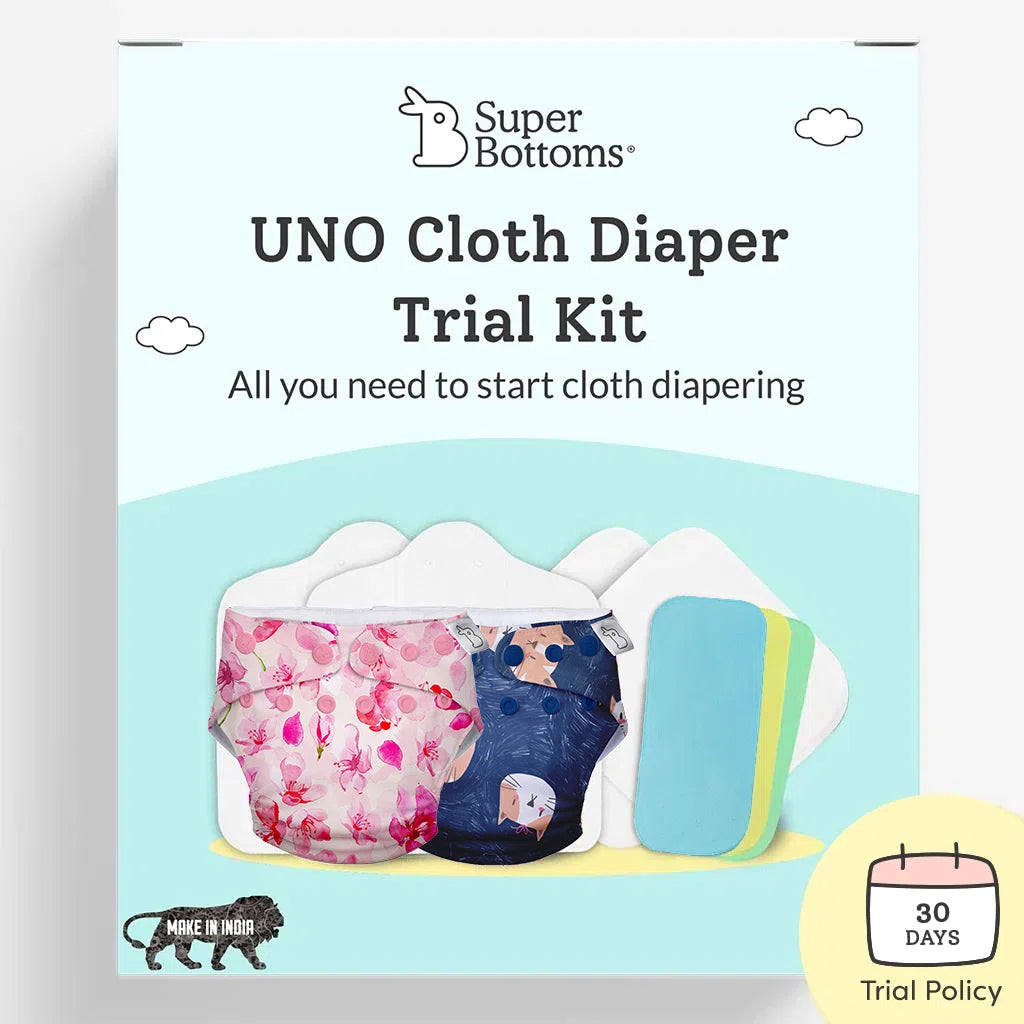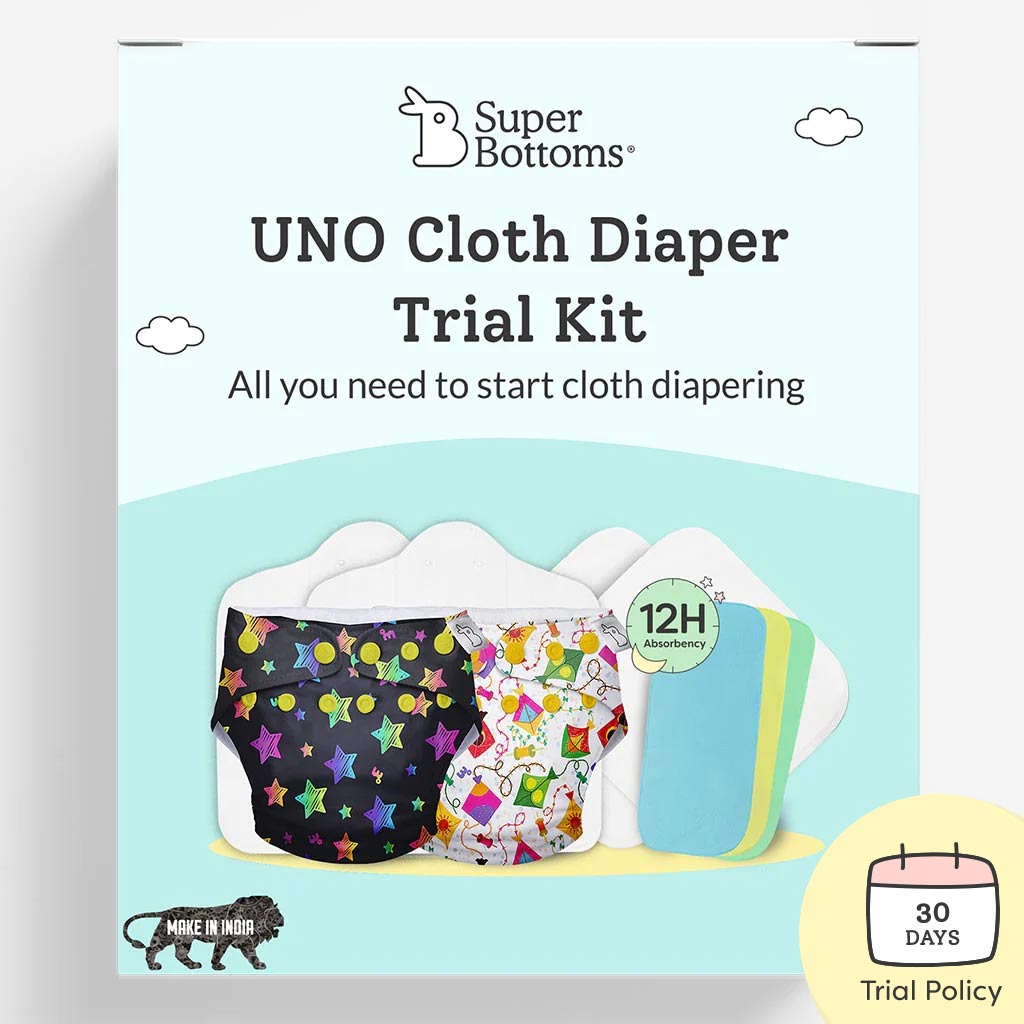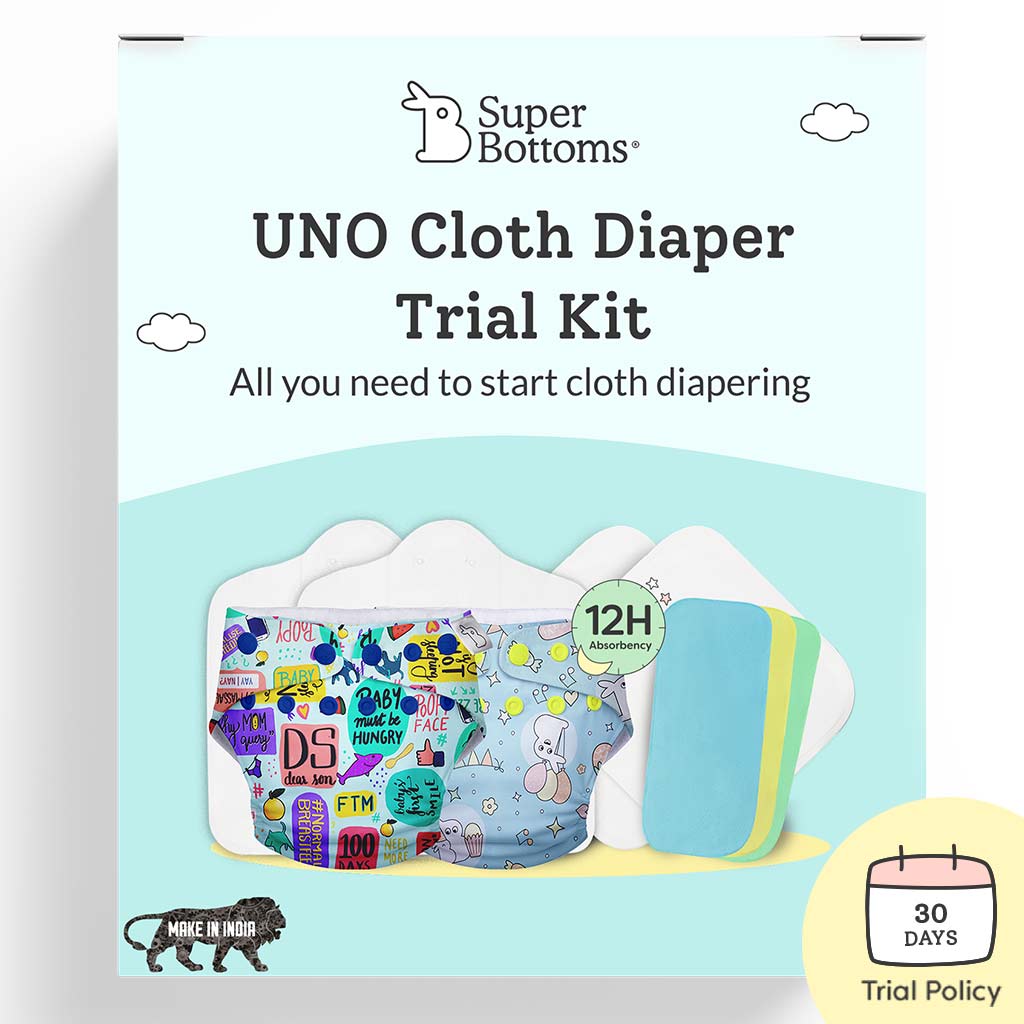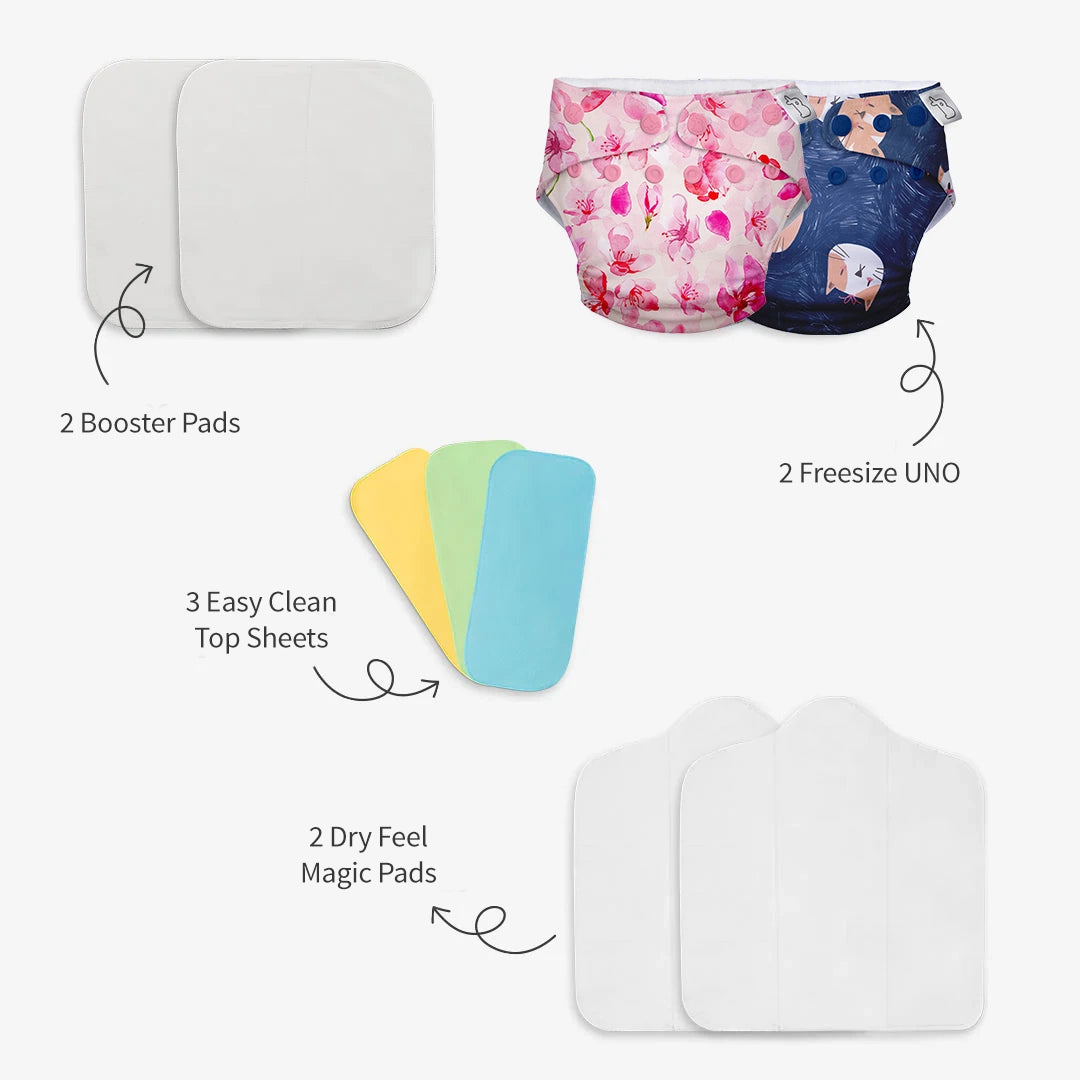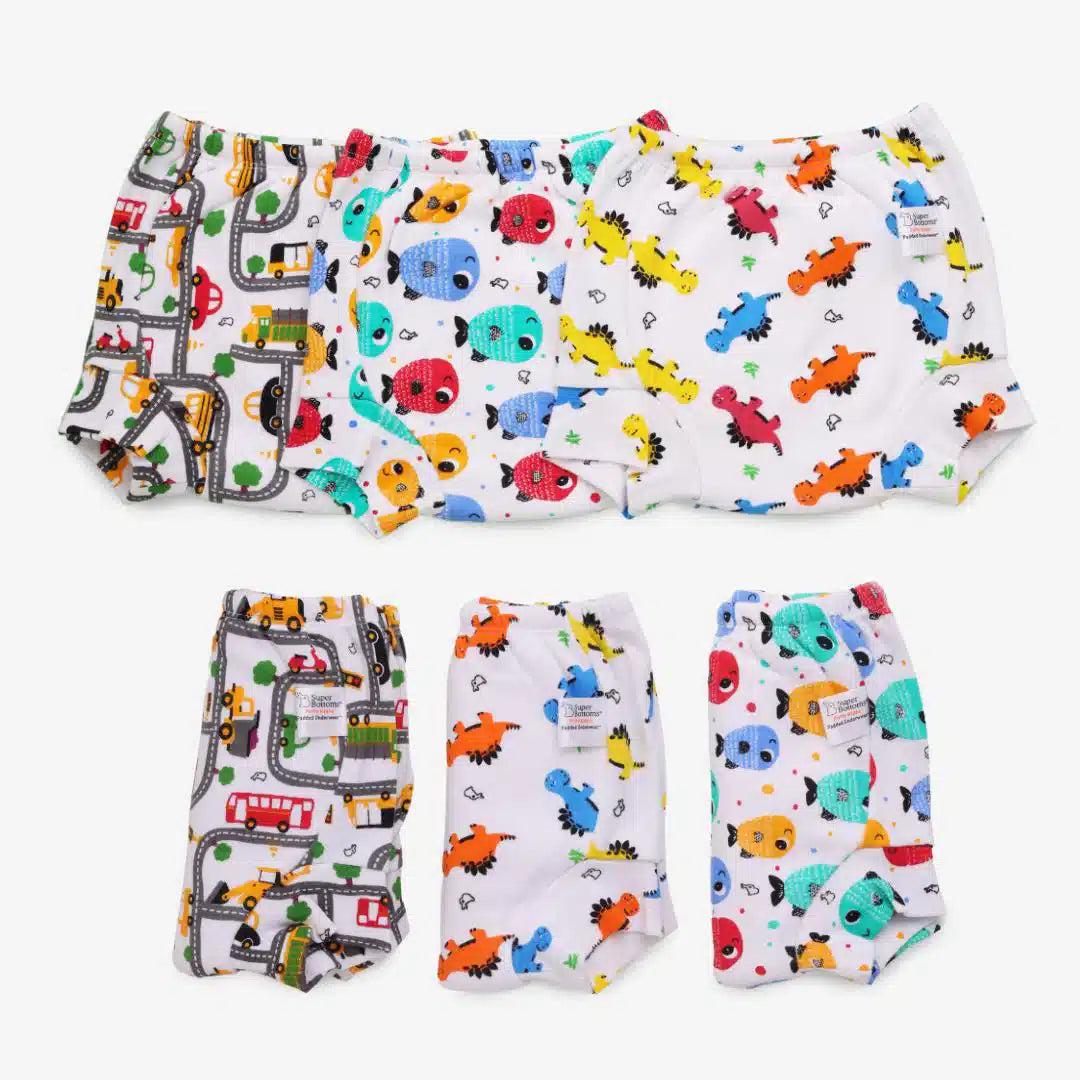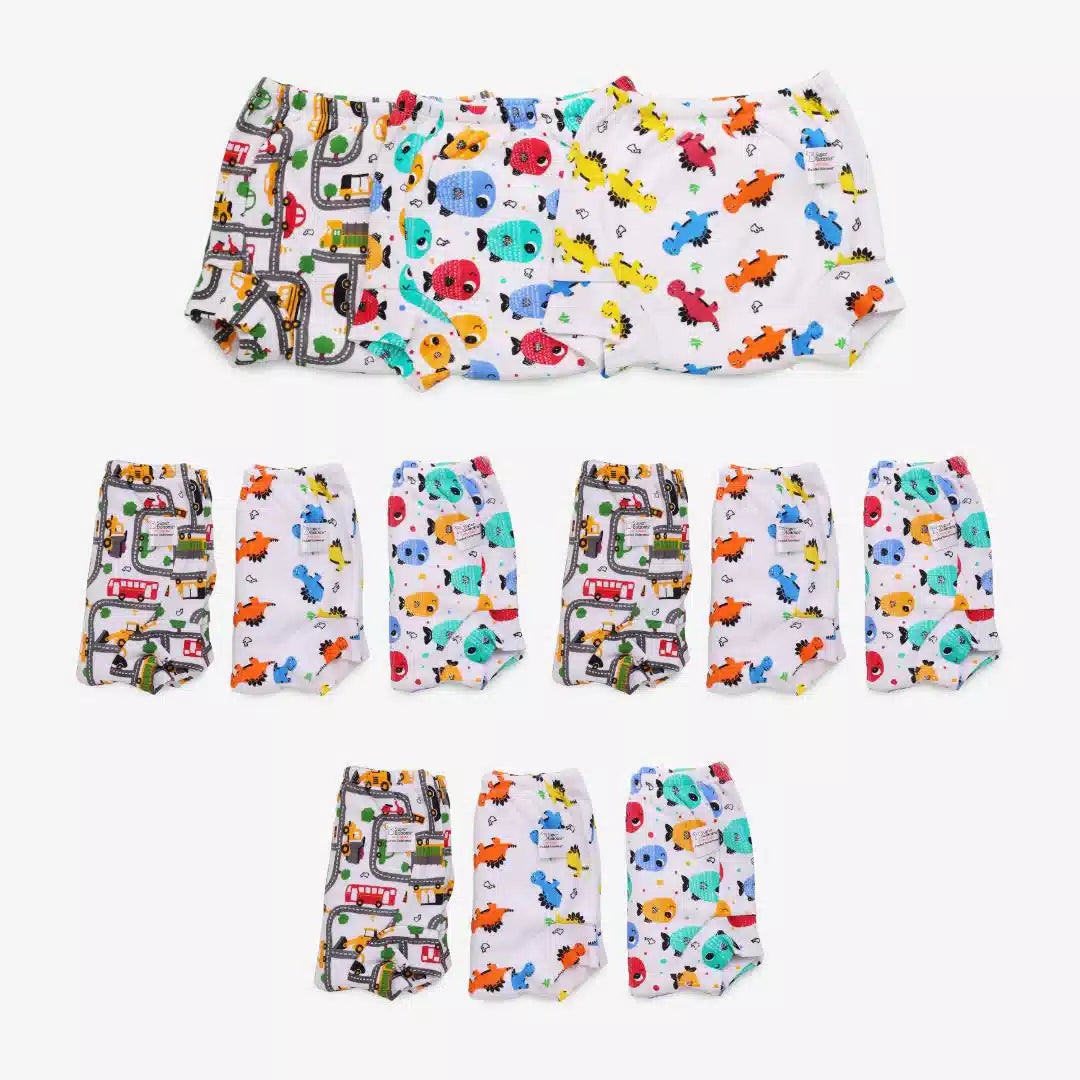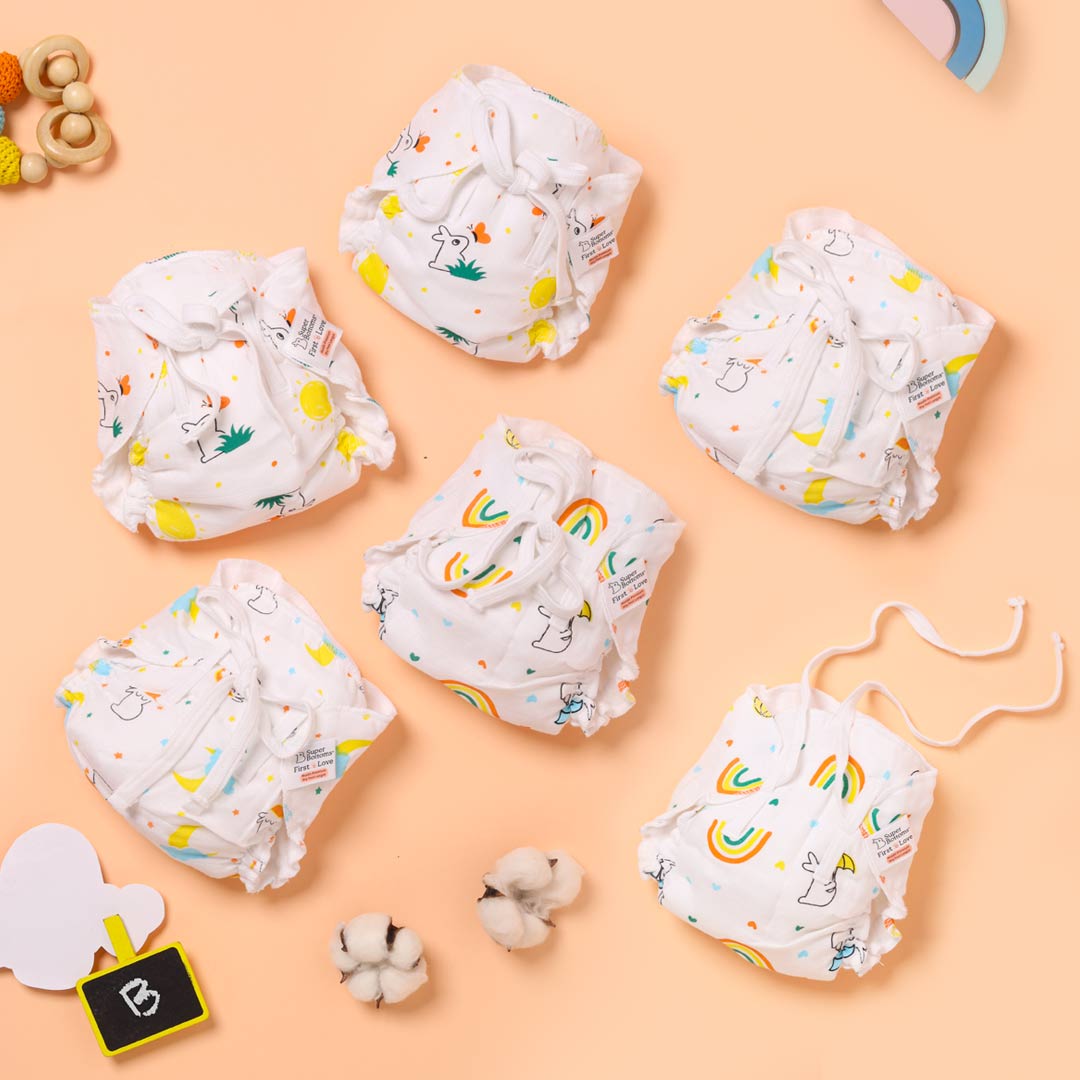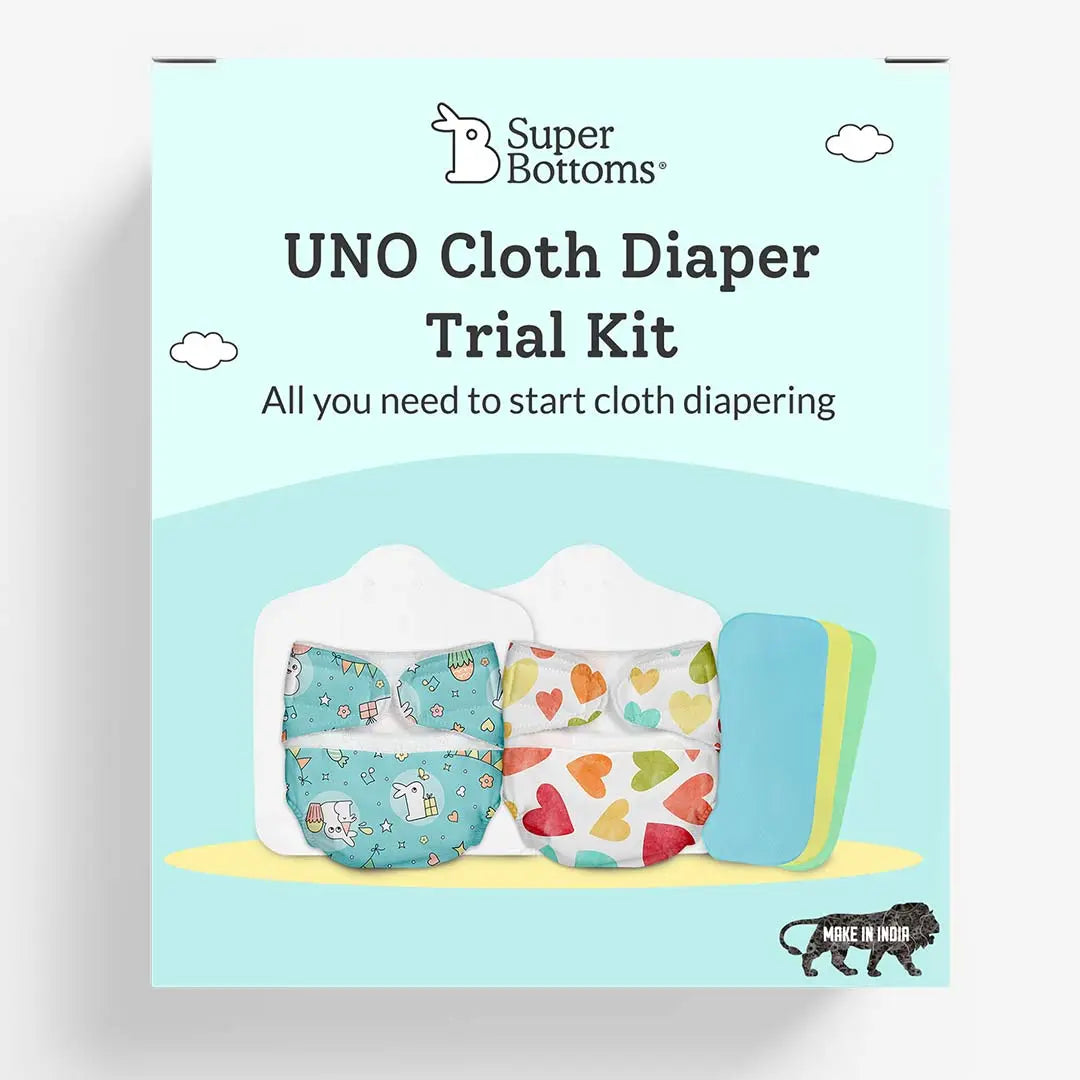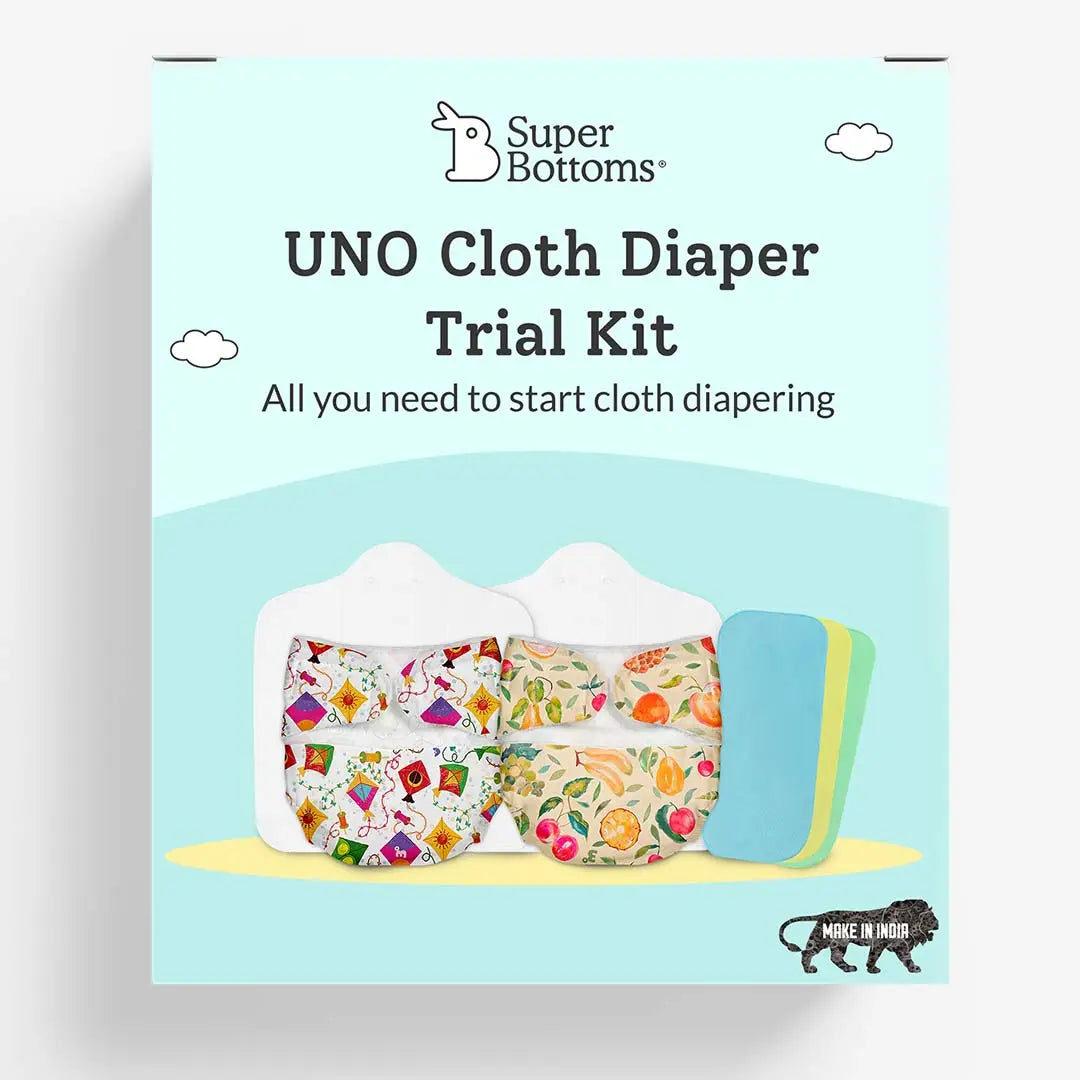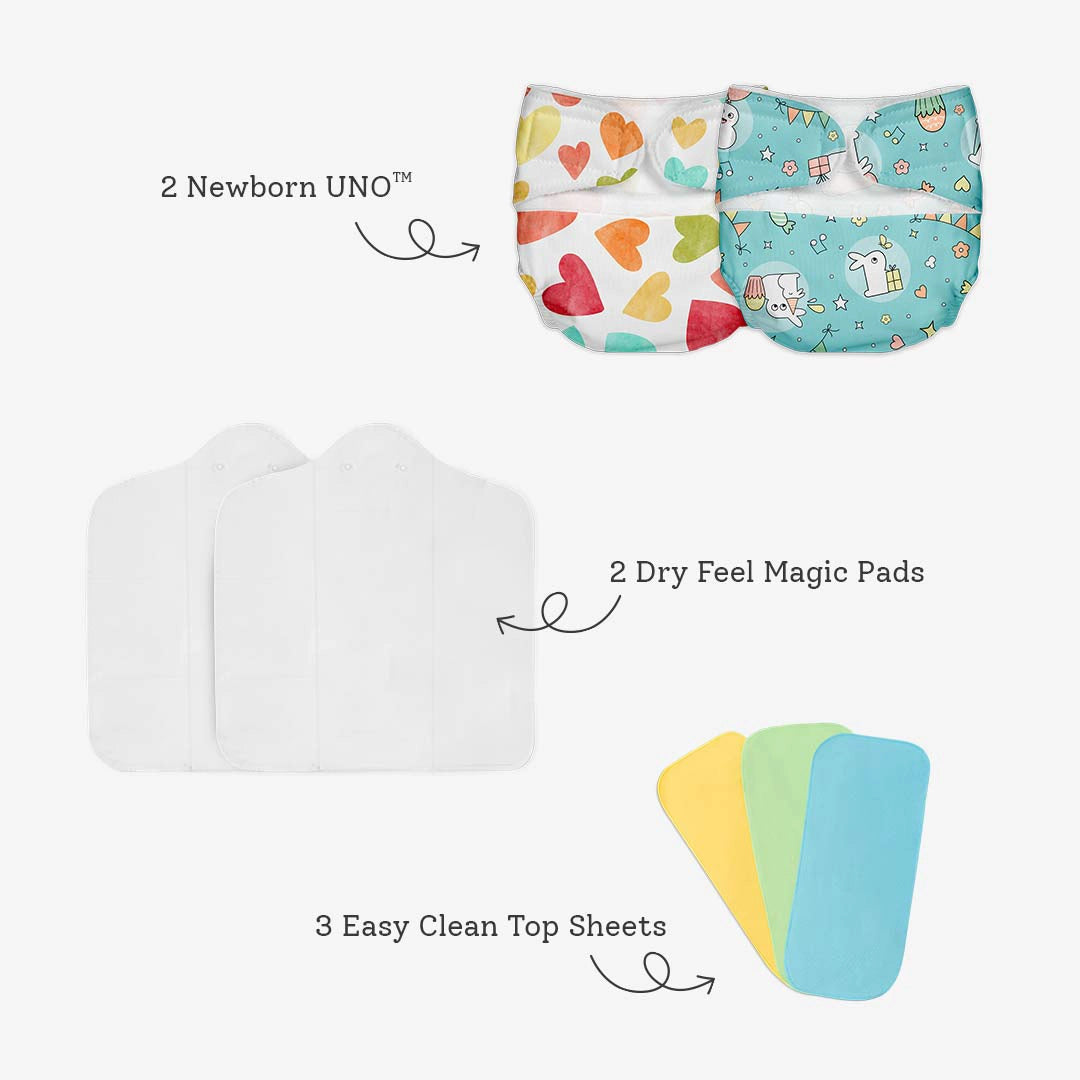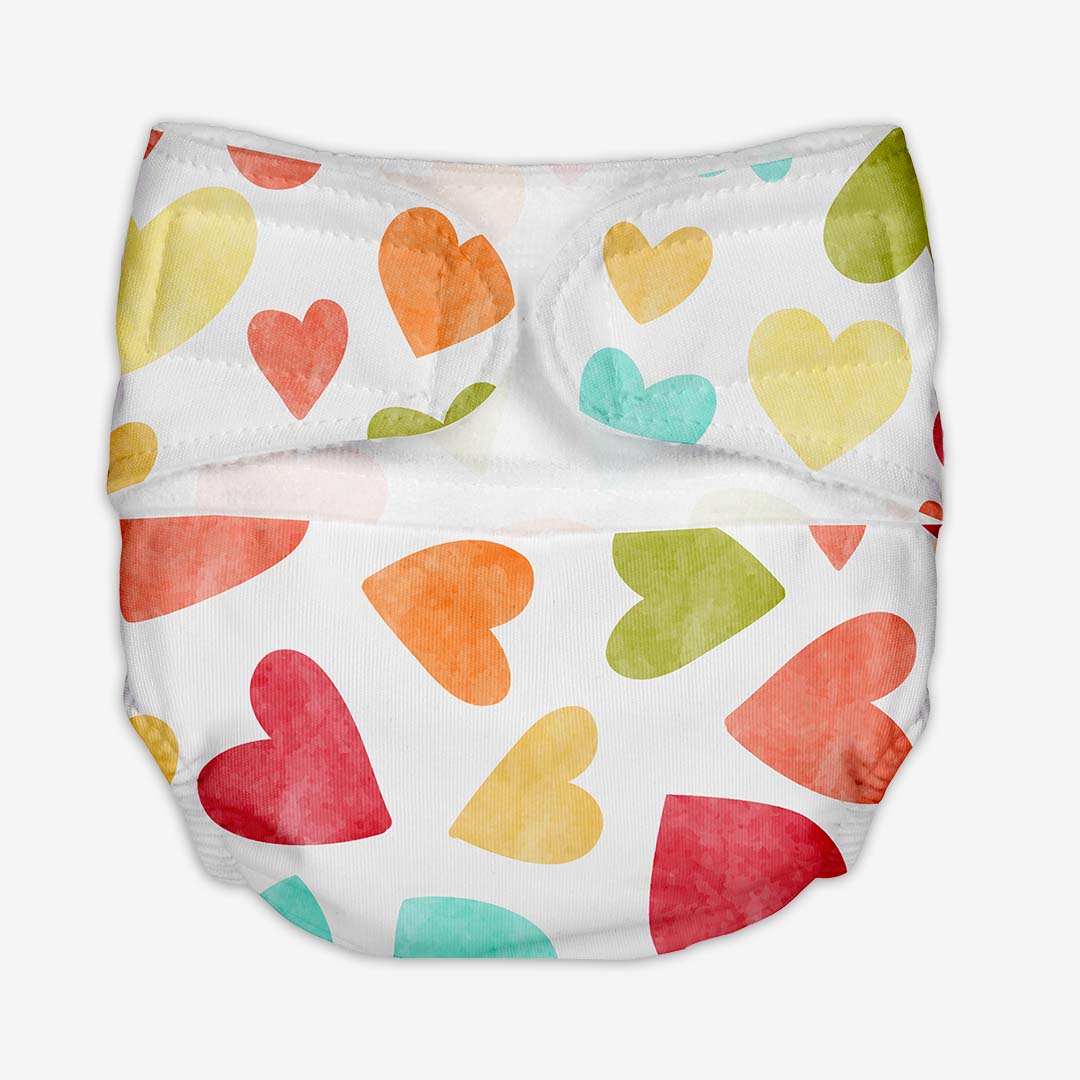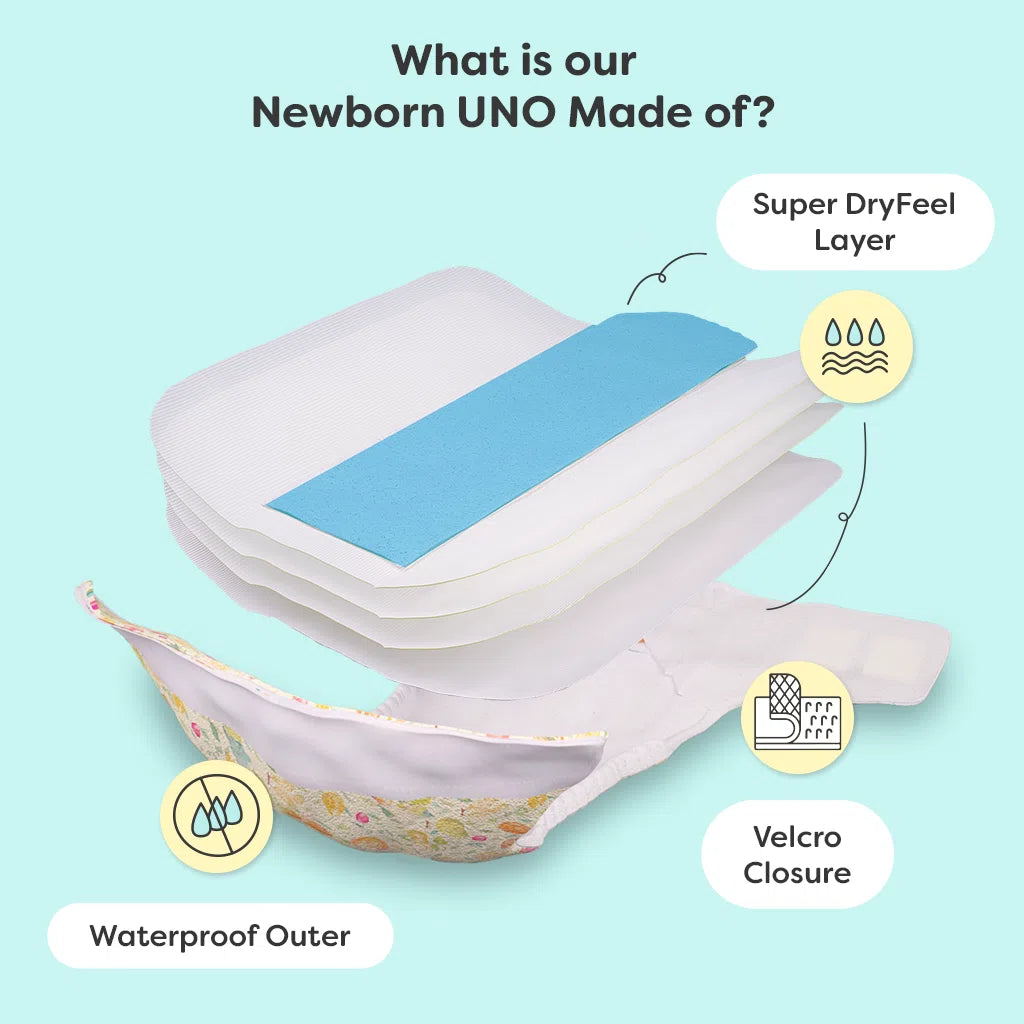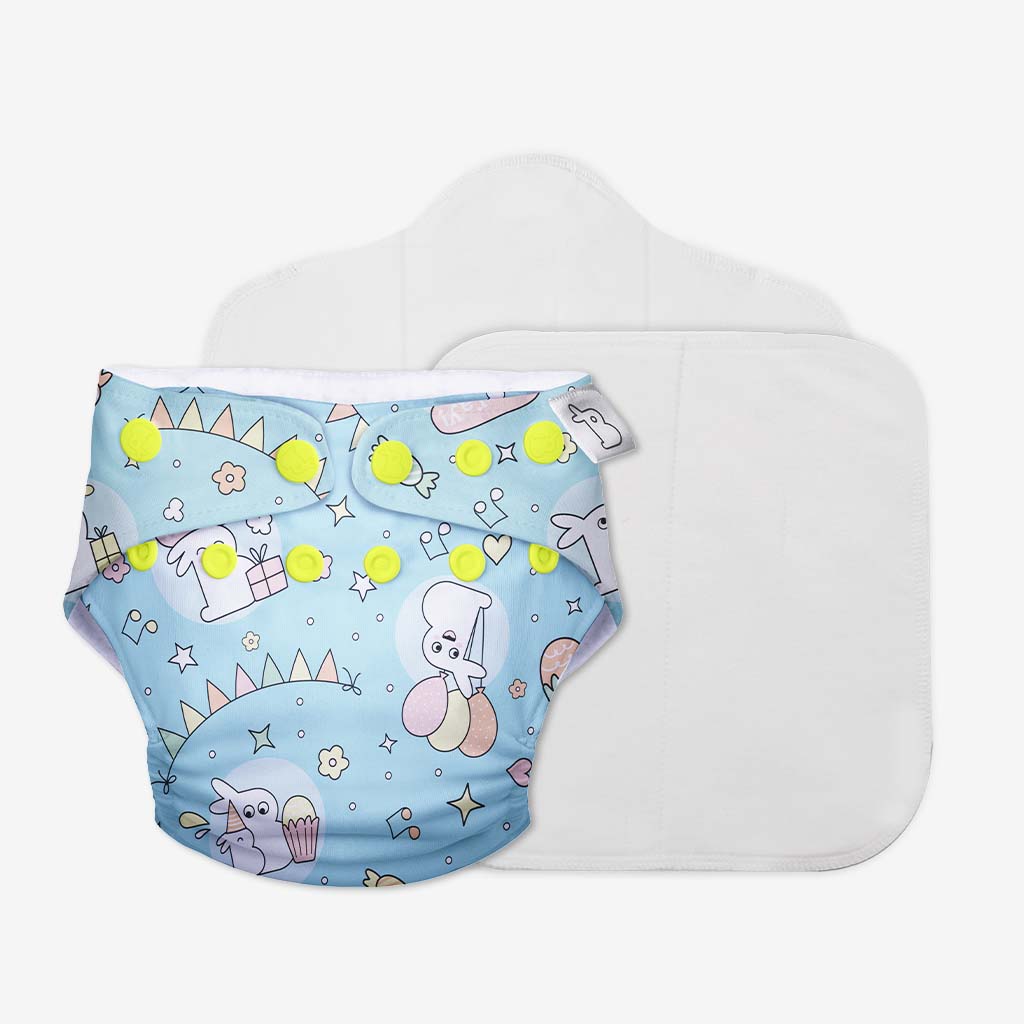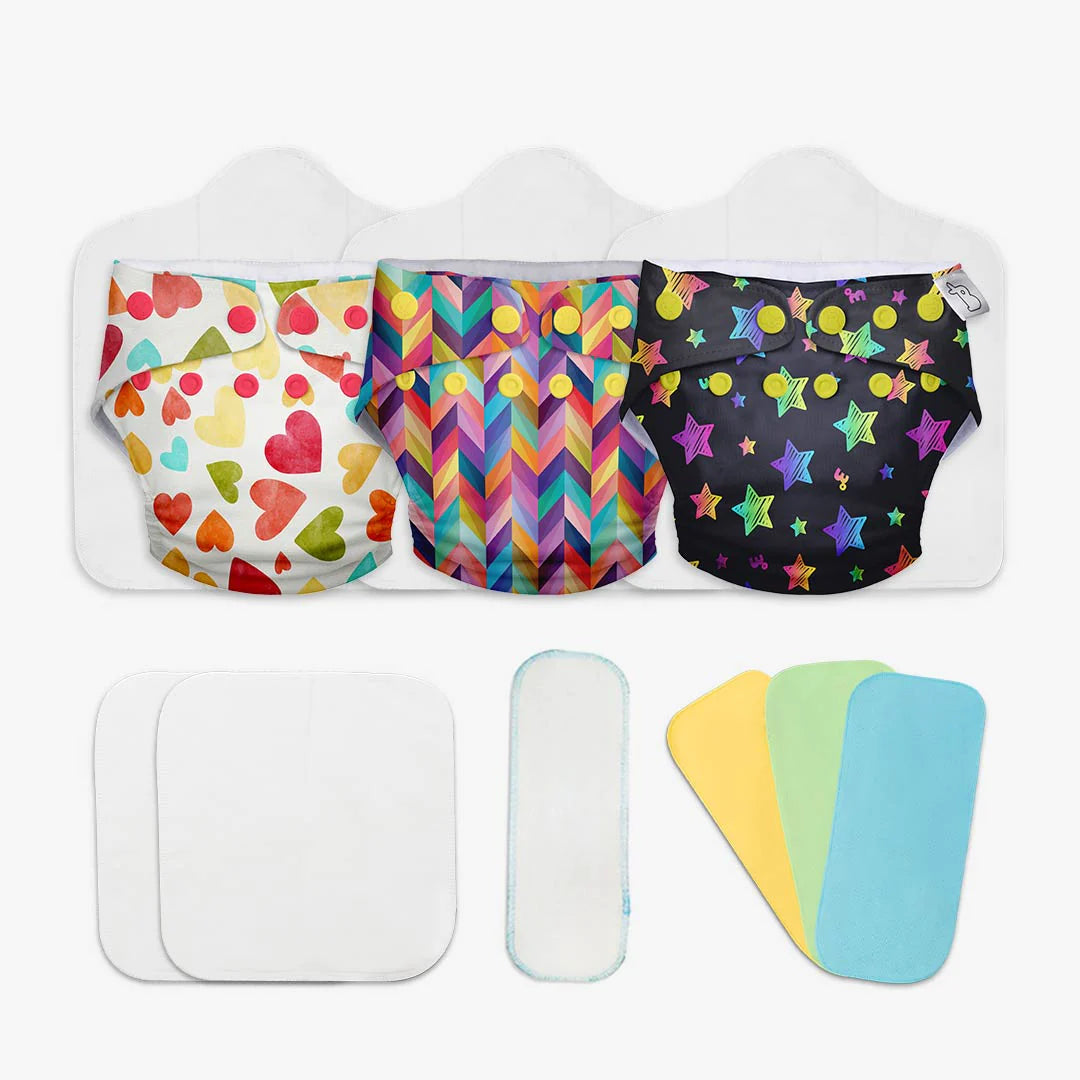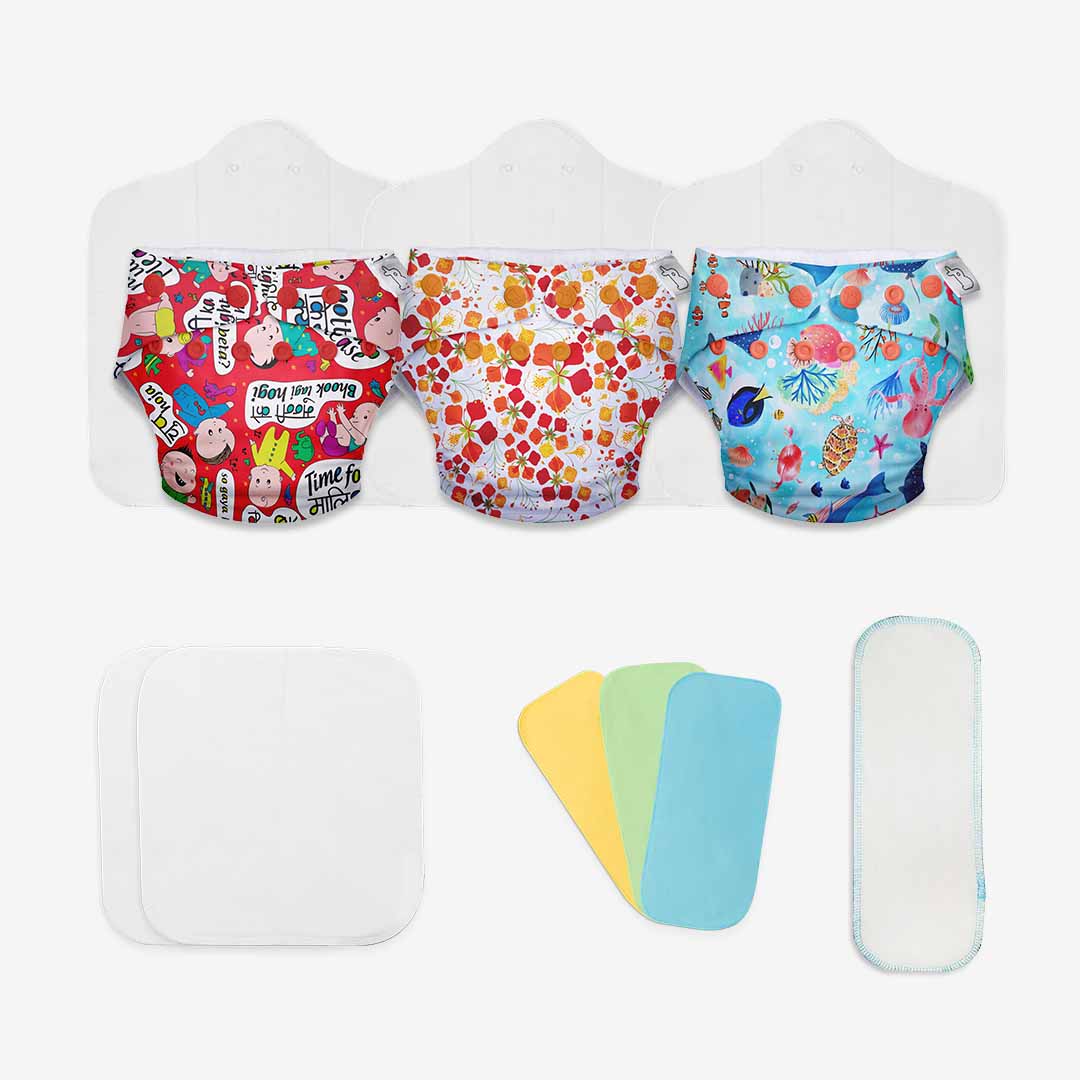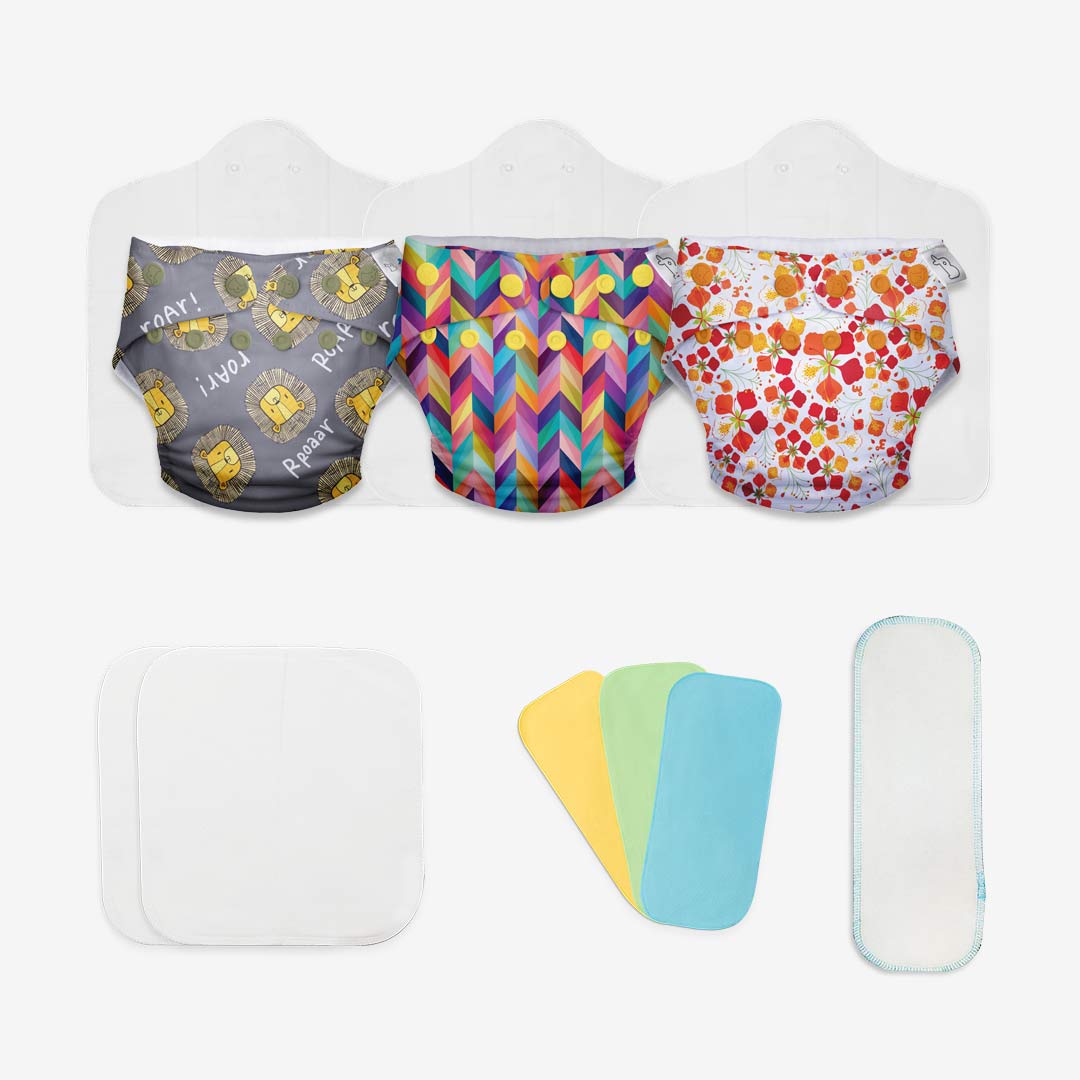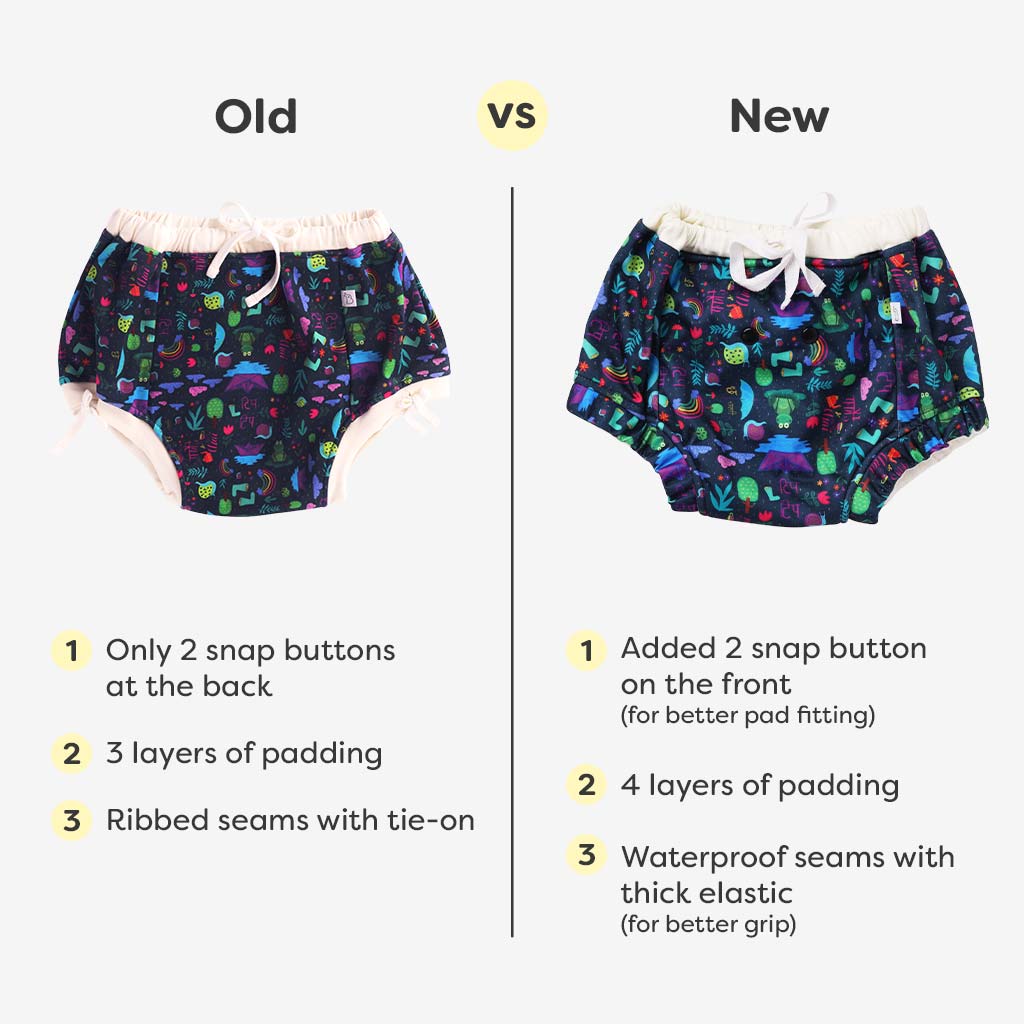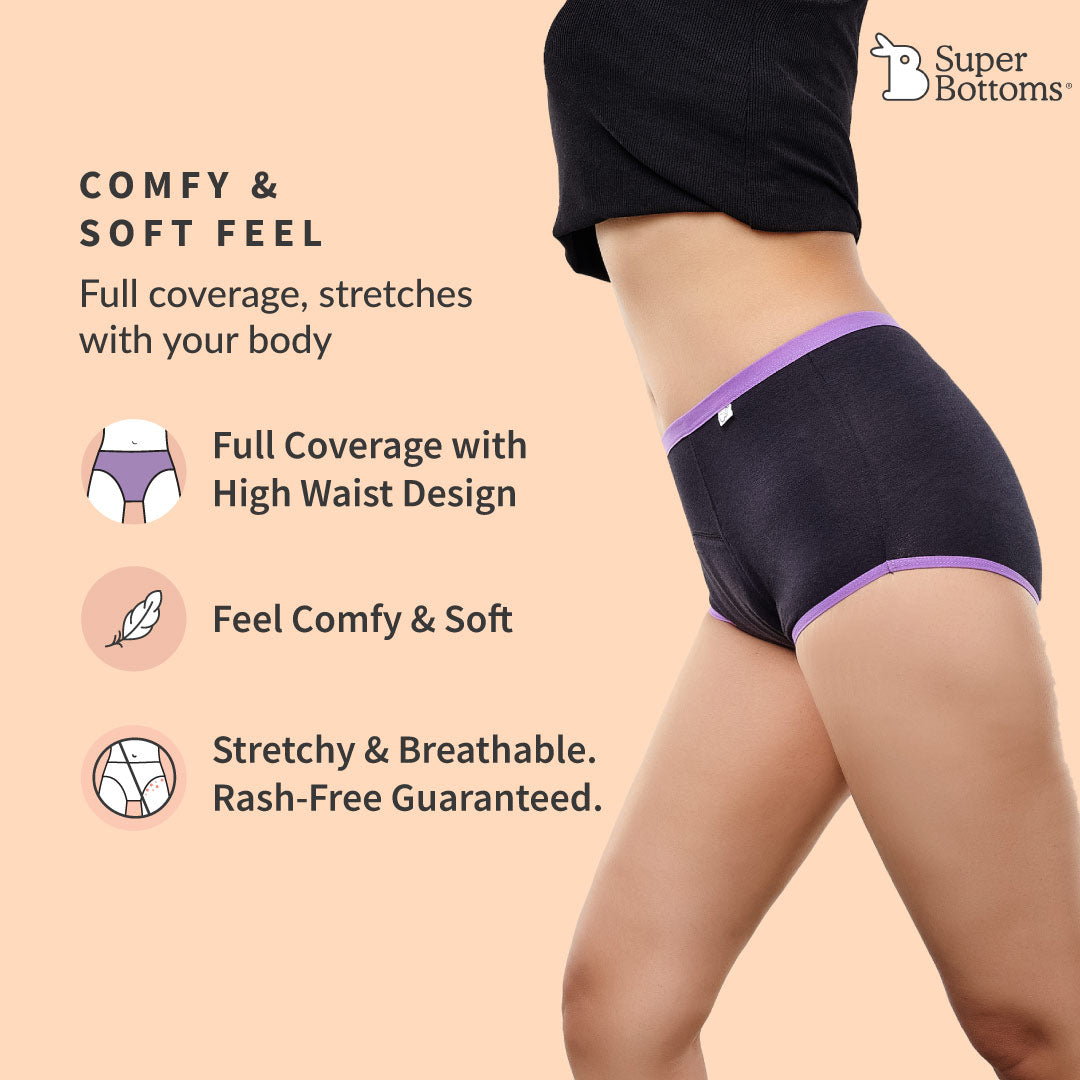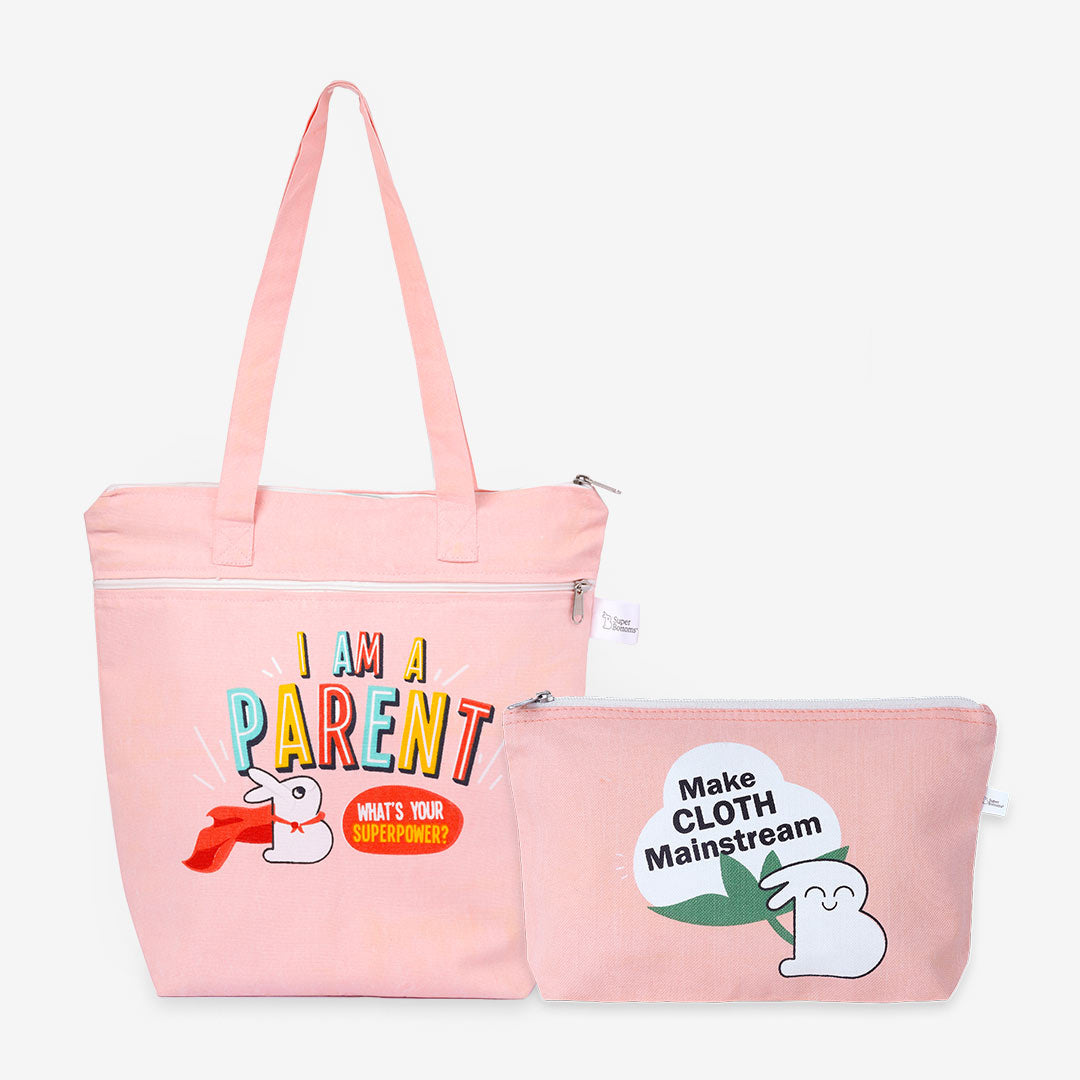Acquiring motor skills is a crucial part of child development as it allows children or toddlers to participate in physical activities and meet developmental milestones at an early age. These abilities necessarily require motor planning or the ability to think through and execute a motion plan. Motor skills allow children to perform everyday tasks such as playing, feeding themselves, and moving from one location to another.
Children typically develop certain motor skills at specific ages, but not all children reach milestones simultaneously. For example, if a child has the strength and muscle tone to run or climb a ladder or slide but needs help to place their feet in the right places to reach the top, they may have poor motor planning skills. Continue reading to learn more about gross motor skills and the difference between fine and gross motor skills.
What are Gross Motor Skills?
Gross motor (physical) skills require whole-body movement and involve the body's large muscles to perform daily functions such as jumping, walking, kicking, and climbing stairs. Most people use these abilities effortlessly and automatically. However, gross motor skills are more complicated than they appear.
They require muscle coordination as well as the neurological system. They influence balance and coordination. They also serve as the foundation for fine motor skills, which allow us to perform small movements such as drawing with crayons. Other abilities that are related to gross motor skills. These are some examples:
1 • Reaction Time
2 • Physical Power
3 • Balance
4 • Coordination
5 • Body Awareness
|
Limited Offers Ending Sooner - BUY NOW Now or never offers live on the SuperBottoms website. Take advantage of the ccc-before discounts & deals on our offer page! Stock up on the bestselling UNO diapers, accessories & other popular SuperBottoms baby and mom products now available in deals and discounts. HURRY, the deals are live till stocks last! |
Development Milestones for Gross Motor Skills
It can be challenging to determine whether your child is meeting all of the developmental milestones. However, here are a few age-appropriate milestones to help you determine your child's gross motor skills activities.
|
Age |
Gross Motor Skills |
|
6-8 Months |
• Sits by themselves • Reaches for toys to play with while sitting • Self notices a loss of balance. • Crawls on the belly |
|
2 Years |
• Kicks a ball with either foot • Walks and runs well • Jumps with both feet off the ground • Kicks a ball with either foot |
|
3 Years |
• Able to catch a large ball • Can jump forward 10-24 inches • Rides a tricycle • Can stand for a few seconds on one foot |
|
4 Years |
• Can run, jump, and climb well • Hops on one foot and can do hopscotch • Catches a ball consistently • Starts somersaulting |
What are Fine Motor Skills?
Fine motor skills are making movements with our hands and wrists using small muscles. We rely on these abilities to complete essential tasks in school, work, and everyday life.
Most people don't think about these small movements because they come naturally. However, fine motor skills are challenging to master. They require a coordinated effort from the brain and muscles. They are based on gross motor skills, which allow us to perform more significant movements, such as running or jumping. Here are some examples of how fine motor skills are used:
1 • Holding a pencil or pen in your hand
2 • Making neat drawings and writing
3 • Making use of a keyboard
4 • Using scissors, rulers, and other tools
Development Milestones for Fine Motor Skills
Writing, cutting, opening lunch boxes, and tying shoelaces are examples of fine motor skills. These skills depend on the age-appropriate development of physical skills (such as core trunk control and shoulder strength), which provide a stable foundation for the arm and hand to move with power.
|
Age |
Fine Motor Skills |
|
6-12 Months |
• Reaches, grasps, puts things in the mouth • Picks up objects firmly using a pincer grasp (thumb and one finger) • Can smoothly transfer objects from one hand to another • Drops and picks up toys |
|
1-2 Years |
• Constructs a tower out of three small blocks • Scribbles • Self-feeds himself with little assistance. • Capable of communicating through signing |
|
2-3 Years |
• Turns single book pages • Thumb and fingers are used to hold the crayon (not fist) • In most activities, he only uses one hand • Circular, vertical, and horizontal strokes are imitated. |
|
3-4 Years |
• Constructs a nine-block tower • Can make rolls, balls, cookies, etc., out of clay dough • Uses non-dominant hand to assist and stabilize object use • Snips paper using scissors |
Fine and Gross Motor Skills Delay
Fine motor skills may be difficult for children with neurological conditions or developmental delays. Fine motor skill difficulties are frequently misdiagnosed until preschool, when it becomes clear that children are struggling with various school activities, such as learning to copy shapes or letters.
Noticing the gross motor skill milestones and development is more accessible than evaluating the fine motor milestones because gross motor skills are among the most anticipated; you're probably looking forward to your newborn baby rolling over, crawling, pulling themselves up along furniture, and taking their first steps. As a child grows, you can see when they are running and playing and how well they perform in physical games and sports.
Children are increasingly being diagnosed with dysgraphia, a learning difference affecting writing skills. In contrast, others may be diagnosed with developmental coordination disorder (DCD or dyspraxia), which is still not widely understood. Children with fine motor skill issues may require occupational therapy, modifications, or assistive technology.
If your child appears to be having difficulty with gross motor skills, this could be a sign of a problem that requires intervention and treatment. However, could you talk with your doctor if a physical issue hampers your child's fine or gross motor skill development?
Key Takeaways
1. Essential for Development: Motor skills allow children to perform everyday tasks such as playing, feeding, and moving from one location to another.
2. Requires Both: Gross motor skills require muscle coordination and the neurological system to function.
3. Consult Doctor: Discuss if a physical issue hampers your child's fine or gross motor skill development with your doctor.
MESSAGE FROM SUPERBOTTOMS
Hola, New Moms and Dads! We at SuperBottoms ensure that you have the best and safest products for your babies, no matter what corner of India or the world you are in. SuperBottoms is suitable for your baby’s delicate skin, all seasons, and babies at all stages of the cloth diapering and potty training journey! SuperBottoms is an absolute must-have for you and your child if you live in Canada, Kuwait, the United States, Qatar, Hawaii, Bahrain, Armenia, the United Arab Emirates, or the Philippines.








